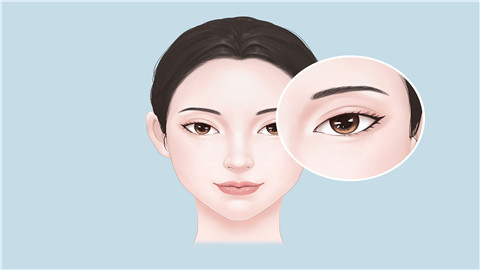It has been two months since I had the double eyelid surgery, so why is there still swelling?
Generally, if swelling persists for two months after double eyelid surgery, it may be related to normal postoperative inflammatory reactions, lymphatic circulation reconstruction, connective tissue proliferation, infectious dermatitis, or blepharitis. It is recommended to seek timely medical advice to identify the cause and receive appropriate treatment under the guidance of a professional physician. The detailed analysis is as follows:

1. Normal Postoperative Inflammatory Reaction
Double eyelid surgery is an invasive procedure, and postoperative local tissue may experience an inflammatory reaction, causing localized edema. It is recommended to follow medical advice for postoperative care, including appropriate cold compresses to alleviate swelling.
2. Lymphatic Circulation Reconstruction
Surgery may sever some lymphatic vessels, leading to impaired lymphatic drainage and accumulation of interstitial fluid, resulting in swelling. As lymphatic circulation is gradually restored, the swelling will subside. Patients are advised to avoid strenuous physical activity to promote lymphatic return.
3. Connective Tissue Proliferation
During the wound healing process, connective tissue proliferates to repair the damage, which may cause localized swelling. A balanced postoperative diet rich in protein and vitamins is recommended to support wound healing.
4. Infectious Dermatitis
Infectious dermatitis is usually caused by bacterial infection. The infection intensifies the local inflammatory response, causing significant swelling, pain, and often accompanied by fever, increased secretions, or purulent discharge. Treatment may include topical erythromycin ointment, cefradine capsules, or amoxicillin capsules, as directed by a physician.
5. Blepharitis
Blepharitis typically results from inadequate postoperative eyelid hygiene. Bacterial or fungal infection of the eyelid margin causes swelling of the eyelid edge, often accompanied by redness, itching, and a prickling sensation. Treatment options may include compound zinc sulfate eye drops, chloramphenicol eye ointment, or lomefloxacin hydrochloride eye drops, as recommended by a physician.
Postoperative care is essential. Keep the wound clean and dry, and avoid rubbing the eyes. Additionally, ensure adequate rest and avoid strenuous physical activity to promote wound healing.





